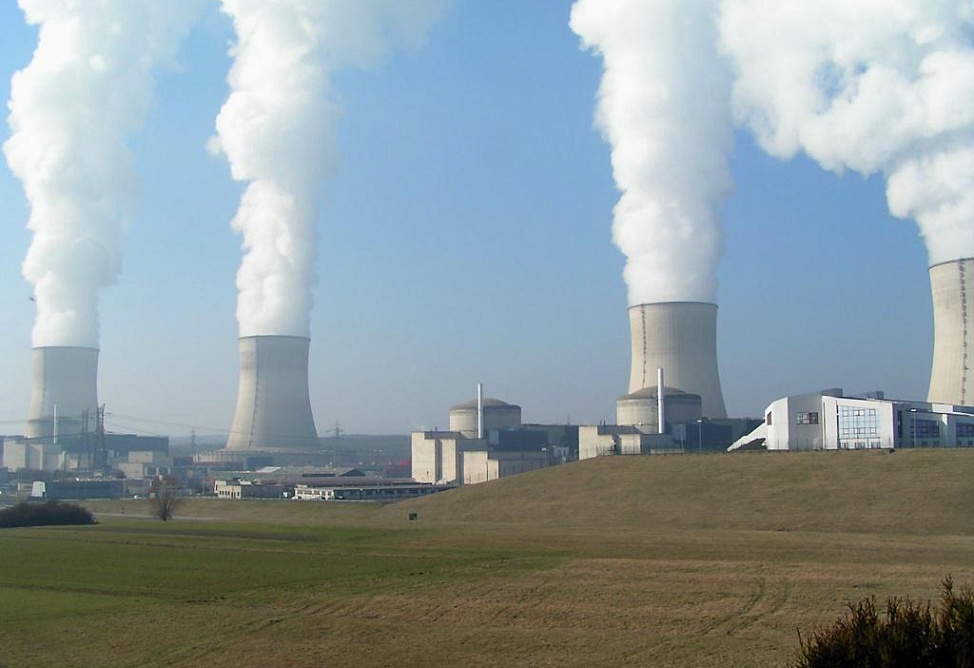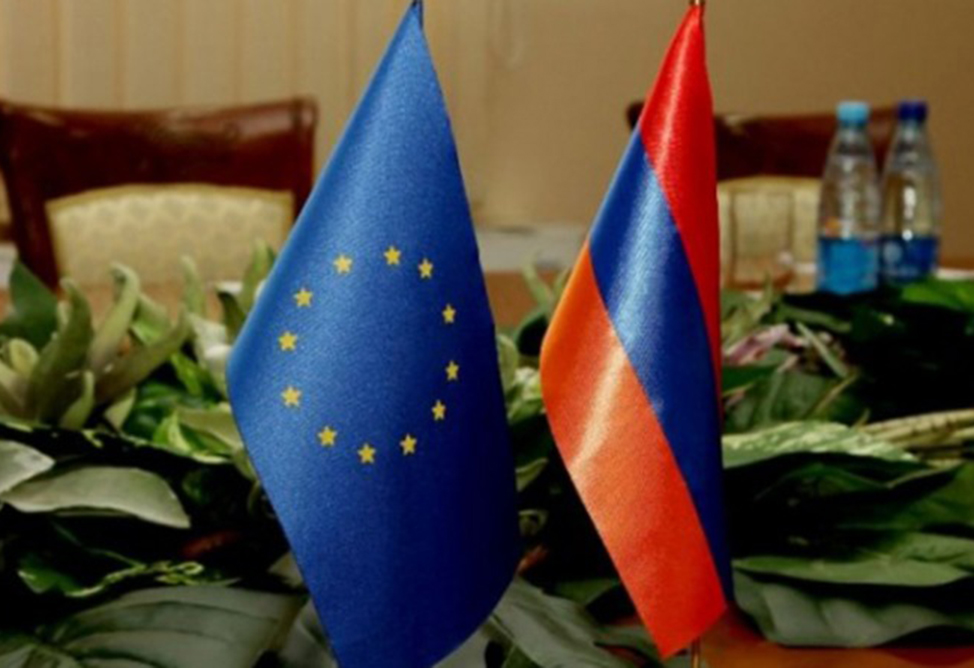Armenia and Jordan to cooperate in nuclear power
18.01.2012,
13:01
At its recurrent session Thursday the Armenian government will discuss a draft agreement on Armenia-Jordan cooperation in nuclear energy for peaceful purposes, according to a statement on the governments official website.

YEREVAN, January 18. /ARKA/. At its recurrent session Thursday the Armenian government will discuss a draft agreement on Armenia-Jordan cooperation in nuclear energy for peaceful purposes, according to a statement on the governments official website. The draft agreement has been developed by the Ministry of Energy and Natural Resources of Armenia.
The draft agreement provides for cooperation between the two countries in construction of nuclear power plants, their safe operation, processing and preservation of radioactive waste, use of nuclear materials and technologies in medicine, industry and agriculture and exchange of experience and training in nuclear energy.
The draft agreement says both countries will be guided by UN principles of non-proliferation and also pledge not to use the transferred equipment, materials and dual-use technology to build nuclear weapons. The initiative to sign the agreement belongs to the Jordanian side, according to the statement.
Armenia has the only nuclear power plant in the region. Located some 30 kilometers west of Yerevan, i It was built in the 1970s but was closed following a devastating earthquake in 1988. One of its two VVER 440-V230 light-water reactors was reactivated in 1995. Armenian authorities said they will build a new nuclear power plant to replace the aging Metsamor plant.
The new plant is supposed to operate at twice the capacity of the Soviet-constructed facility. Metsamor currently generates some 40 percent of Armenia's electricity. But the government has yet to attract funding for the project that was estimated by a U.S.-funded feasibility study to cost at as much as $5 billion. -0-



